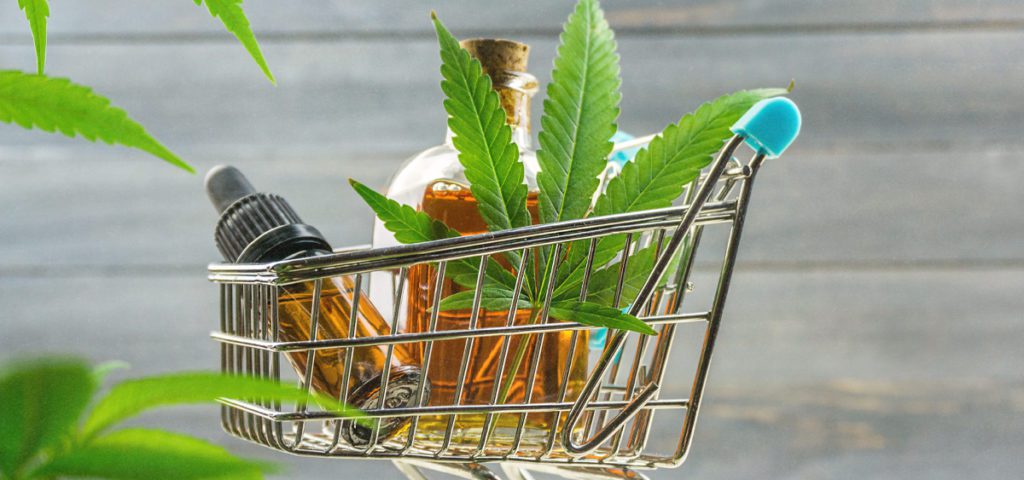Oregon is banning the sale of synthetic cannabinoids by retailers not licensed by the OLCC due to concerns over chemicals used during the products’ creation.
Oregon Bans Synthetic Cannabinoid Sales on Open Market

Full story continued below.
Advertisement
Starting next month, the sale of synthetic cannabinoid products at Oregon grocery stores and other retailers will be banned, The Oregonian reports. State officials say the move is due to concerns about chemicals used in the production of the products.
The new rules also specify that industrial hemp products “may not contain any artificially derived cannabis.”
Violators of the new rules may face fines up to $10,000.
Supermarkets and other stores that wish to sell the products must now obtain a special license and beginning in July 2023, synthetic cannabinoids will only be available in Oregon Liquor and Cannabis Commission (OLCC)-approved shops and such products will have to receive federal approval from the Food and Drug Administration.
Steven Crowley, the hemp and processing compliance specialist with the OLCC, told The Oregonian that while the agency is testing for pesticides and residual solvents from extraction processes, the agency doesn’t “have any testing for any of the whole universe of chemical reagents” used to “synthetically turn one cannabinoid into something else, or for any of the byproducts of that reaction.”
“The supply of CBD was outstripping the demand for CBD. And so, the people who had CBD on hand were looking for other ways that they could market it. People started working on different products that they could convert the CBD into. This is where you get the delta-8 THC products.” — Crowley to The Oregonian
The OLCC rules would also require disclosure labels for products that contain a synthetic cannabinoid.
Oregon is the first state to ban synthetic cannabinoids on the open market.
Get daily news insights in your inbox. Subscribe
End